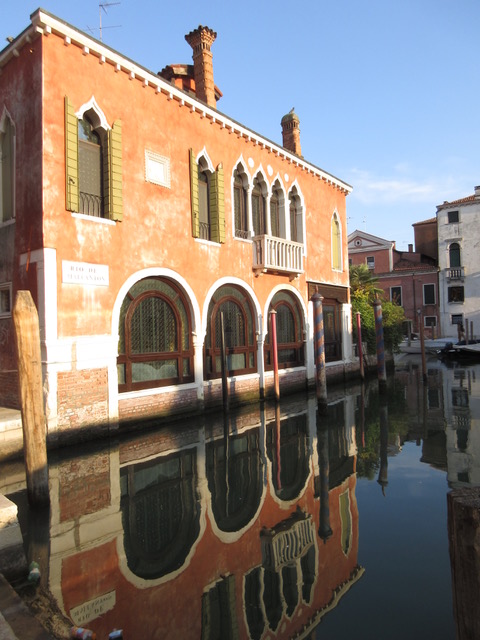
The song remains the same, a pandemic has overturned our world today but this is a repeat visit from an unwelcome guest. The Plague or Black Death ravaged over Europe beginning in 1348. Venice was a major seaport and each visitation of the disease inflicted great devastation. As a result, Venetians developed the principles of quarantine and utilized “Lazarettos/Lazarets” or quarantine stations.
We will take a moment here, Dear Reader, for the Linguist must pause for a short elaboration of these etymologies; Lazarets from Lazarus, the name of the beggar covered in sores in the New Testament (Luke 16:20). This name is borrowed from the Biblical Hebrew proper name, Eliezer meaning “my god helps”.
Continue reading